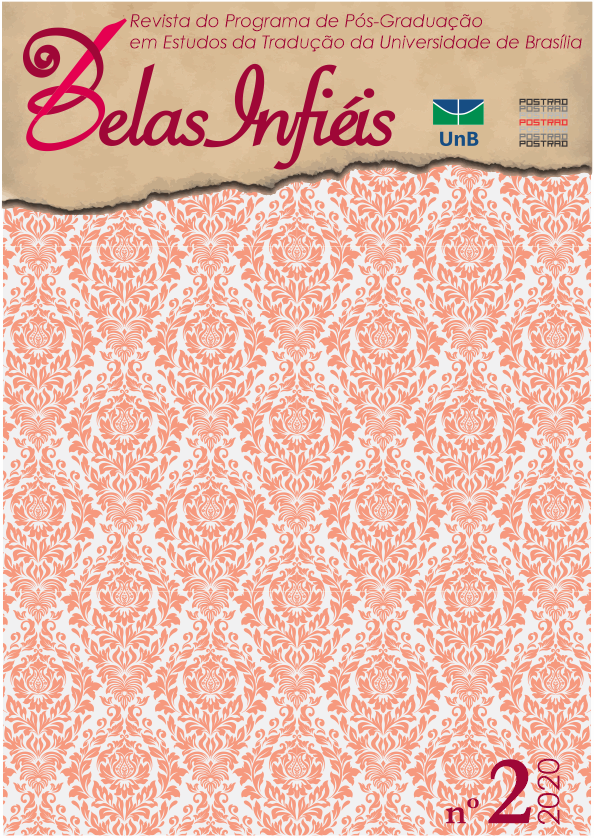The Nature of Things
DOI:
https://doi.org/10.26512/belasinfieis.v9.n2.2020.27043Keywords:
Epicurus. Lucretius. DeleuzeAbstract
The epic-didactic poem The Nature of Things (De rerum natura), by Lucretius (Titus Lucretius Carus ”“ 1st century B.C.) is one of the great works of universal literature. Merging poetry and philosophy, it is a dissemination of the doctrine of the Greek philosopher Epicurus (300 B.C.), at the same time formed in the teachings of Socrates and reformist of the atomism of the pre-Socratic philosophers, mainly of Democritus. In the scope of poetry, Lucretius influenced great Latin poets who succeeded him, such as Virgil, Horace and Ovid. The poem deals mainly with Epicurean physics, in which nature is reduced to atoms and emptiness. This physics is centered on the atom as an infinitesimal element of matter, to which other philosophical categories are subjected, such as metaphysics (in accepting the hypothesis of the existence of the gods, but also in the diatribe against superstition) and morals (in criticizing love seen as merely carnal desire and the praise of friendship as a “social contract”). Undermined by the advance of Christianity, Lucretius and Epicurus underwent at least a thousand years of ostracism. Kant's criticisms of the ancient atomists and the scientific canonization of Newton's solid mechanics also influenced this Epicurean quarantine. In France, since the 19th century, Lucretius' poem has received the attention of philosophers, poets, and translators. In philosophy, it was studied by Henry Bergson, Michel Serres (for whom Lucretius would be the precursor to fluid mechanics), Gilles Deleuze, Clément Rosset, Phillipe Sollers, and André Compte-Sponville. In the French poetry of the 20th century, Paul Valéry and, above all, Francis Ponge echo Lucretius' refined imagery.
Downloads
References
LUCRÈCE. De la nature. Texte établi et traduit par Alfred Ernout. Nouvelle édition revue et corrigée. Tome I. Paris: Les Belles Lettres, 1966. p. 55-56.
Downloads
Published
How to Cite
Issue
Section
License
Given the public access to this journal, the texts are free to use but requires the recognition of the original authorship and initial publication in this journal to be properly stated.
 The journal allows the use of works published for non-commercial purposes, including the right to submit the work to publicly accessible databases. Published contributions are the sole and exclusive responsibility of the author(s).Â



















